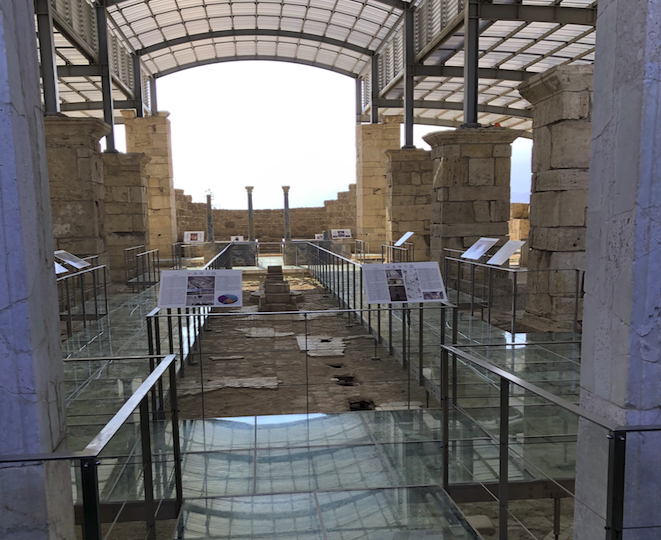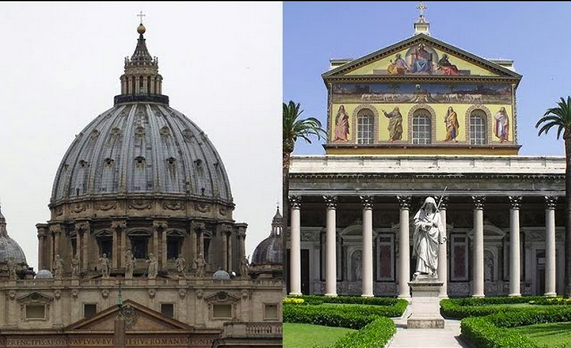These reflections are a result of more than 40 years of ministry as a Roman Catholic priest. Most of these years I spent in the Diocese of Charlotte which covers Western North Carolina. Now I am retired, and live in Medellín, Colombia where I continue to serve as a priest in the Archdiocese of Medellín.

"To the angel of the Church in Laodicea, write this: “‘The Amen, the faithful and true witness, the source of God’s creation, says this: “I know your works; I know that you are neither cold nor hot. I wish you were either cold or hot. So, because you are lukewarm, neither hot nor cold, I will spit you out of my mouth.” (Rev 3:1-6, 14-22)
https://bible.usccb.org/bible/readings/111924.cfm
This is one of the unforgettable passages in the Scriptures. It is part of the Letters to the Seven Churches (of Asia Minor). When I had the privilege to visit the ruins of the ancient city of Laodicea in what is now modern day Turkey, I visited the church of Laodicea which is in ruins and looks like it has been spit out.

Blessed is the one who reads aloud and blessed are those who listen to this prophetic message and heed what is written in it, for the appointed time is near. (Rev 1:1-4; 2:1-5)
https://bible.usccb.org/bible/readings/111824.cfm
As we begin the reading of the Book of Revelation, we have this wonderful insight from the liturgy of the early church, and the importance of lectors (public readers): one reads, the rest listen—just like the liturgy today. The dedications of the Vatican Basilica of Saint Peter and the Basilica of Saint Paul Outside the Walls are kept on the same day—just as the two apostles are celebrated together on the feast of their martyrdoms (June 29).

"But of that day or hour, no one knows, neither the angels in heaven, nor the Son, but only the Father." (Mk 13:24-32)
https://bible.usccb.org/bible/readings/111724.cfm
I’ll always be grateful to my grandmother’s wisdom. One day I was worried about something I had heard at church about the “end of the world.” My grandmother responded, “Son, don’t be worried about all that foolishness. The world ends every day when someone dies.”

Beloved, you are faithful in all you do for the brothers and sisters, especially for strangers; they have testified to your love before the Church. (3 JN 5-8)
https://bible.usccb.org/bible/readings/111624.cfm
There was a time when basic goodness was instilled in us at home, at church, and at school. Unfortunately, we don’t live in those times anymore. I’ll never forget the elderly lady I used to visit when I was a young priest. She was talking about growing up Catholic in a racist community where the Ku Klux Klan was very visible. She said to me: “Father, there was a time when we Catholics and Blacks were in the same boat. We’re not there anymore, and we’ve lost something.” The Blessed Virgin Mary reminds us that she is the Mother of us all.

I rejoiced greatly to find some of your children walking in the truth just as we were commanded by the Father. But now, Lady, I ask you, not as though I were writing a new commandment but the one we have had from the beginning: let us love one another. (2 Jn 4-9)
https://bible.usccb.org/bible/readings/111524.cfm
Today we have another very short letter, the Second Letter of John. It is interesting that the writer has to remark that it’s not a new commandment, but the one we have had from the beginning: let us love on another. It’s always a good reminder because it is the one commandment that we almost always fail to keep.



